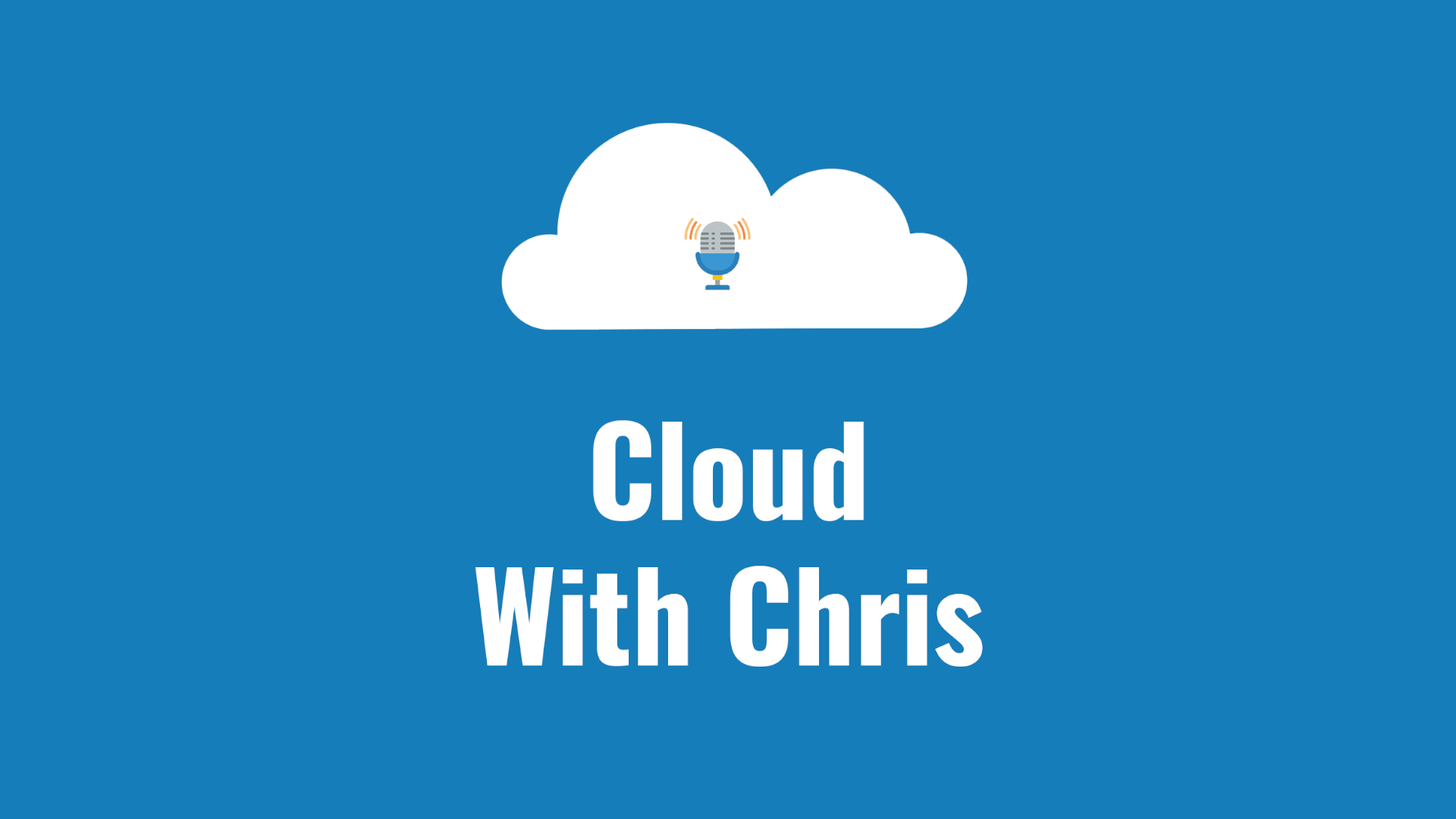Working through a challenge, and can’t quite solve it? Think it could make a good blog post idea? I’d love to hear!
Make a suggestion over on the cloudwithchris.com GitHub repository.
In this post, we're going to explore the Open Source project known as Dapr (The Distributed Application Runtime). This post is primarily aimed at those who already have an understanding of Containers, Kubernetes and Microservices. However, if you're not familiar with these topics - I'll do my best to set the right context and background without making the blog too lengthy!
In case you missed it, Shannon Kuehn, Jamie Maguire, John Lunn and I joined Sarah Lean for a panel livestream on her channel talking about our experiences getting started with blogging, and our experiences with blogging platforms. In this post, I want to focus on the first aspect - how you can get started with blogging, and some of the common themes / recommendations I've heard, not just from this session, but from other active community contributors.
A few people have recently been asking about my setup, so I figured it may be a good time to start writing about it! This is the second part of the series, where I'll focus on the Lights, Recording Equipment and my overall setup. If you're interested in the PC setup, then take a look at my previous blog post!
Latest Blogs
Inspired by the recent episode with Annie Talvasto, I wanted to put together a blog post that will introduce an ongoing series on Cloud With Chris. Before we introduce that series though, it’s important that we first introduce the Cloud Native Compute Foundation (more commonly known as CNCF).
Blog
We recently introduced you to API Management, how it maps to architectural principals and why you may consider using it as a producer or consumer of APIs. In this post, we’ll be continuing on the story - focusing mostly on the API Management policies functionality.
Blog
We now live in a world where multiple systems connect or integrate with each other. This is not new, and has been a technology trend for some time. But - in a world of distributed compute (on the increase, thanks to cloud), and the rise of microservices, we find that we have more and more services that we need to integrate with each other. Integration is typically handled through a couple of routes, including Enterprise Messaging (such as message brokers), as well as APIs (Application Programming Interface). There are many areas that we should consider when building our APIs, and that’s what we’ll give some thought to in this blog post.
Blog
You may have heard about ARM Templates. You may have heard about Project Bicep. What are they, how do they differ? Why would I use one over the other? That’s exactly what we’ll be exploring throughout this blog post!
Blog
I recently started thinking about the typical setup process for a GitHub Action Workflow which will deploy into Azure. Typically, the process is to use the Azure/login GitHub Action, and then use the azure/cli or another Azure GitHub Action to deploy into GitHub. This is a nice approach. However, from my initial research - I wasn’t able to see a way use the Azure/login GitHub Action to deploy into Azure using a System Assigned Managed Identity. This got me wondering, is this possible?
Blog
In part 1 of this Using Azure Arc for Apps series, we explored Azure Arc and Azure Arc enabled Kubernetes clusters. In this post, we’ll be exploring Event Grid for Kubernetes. At time of writing, this approach is in public preview, so we may see certain limitations / features that are not yet available.
Blog
In part 1 of this Using Azure Arc for Apps series, we explored Azure Arc and Azure Arc enabled Kubernetes clusters. In part 2, we deployed an App Service Kubernetes Environment into our Azure Arc enabled Kubernetes cluster. As you’ll likely be aware, both Azure Functions (this blog post) and Azure Logic Apps (the next blog post) can run on Azure App Service. The same is true of an App Service Kubernetes Environment, we can run App Services, Logic Apps and Azure Functions.
Blog
In part 1 of this Using Azure Arc for Apps series, we explored Azure Arc and Azure Arc enabled Kubernetes clusters. In this post, we’ll be exploring App Services on Azure Arc. More specifically, these application services run on an Azure Arc enabled Kubernetes cluster, which is a pre-requisite for us to progress. At time of writing, this approach is in public preview, so we may see certain limitations / features that are not yet available.
Blog


